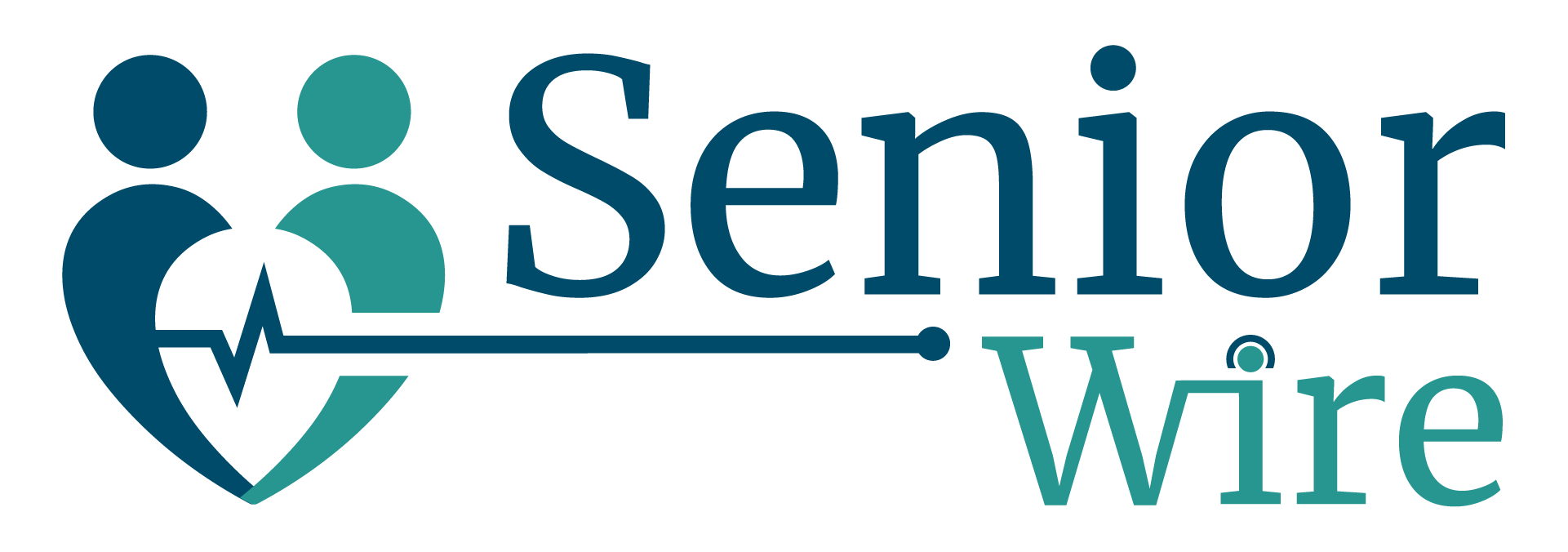Excess Charges
What are Medicare Part B Excess Charges?
A Medicare Part B excess charge is the difference between a healthcare provider’s actual charge and Medicare’s approved amount for payment. Medicare allows providers who do not accept assignment to charge up to 15% more than Medicare’s approved rates.
Most healthcare providers participate in the Medicare program in one form or another. Only a small percentage don’t. But, not all providers participate in the same way, which often leads to excess charges.
Medicare Part B is the portion of Original Medicare that pays for medical coverage (i.e., doctor visits, lab tests, diagnostics, etc). Medicare Part A is hospital coverage.
Medicare has a fee schedule agreement for doctors called Medicare assignment. When a doctor accepts Medicare assignment it simply means they agree to Medicare’s payment terms for services provided.
Medicare assignment has several categories:
- Participating Doctors — The doctor accepts Medicare and only charges up to the amount that Medicare allows.
- Non-Participating Doctors — The doctor takes Medicare but can choose to charge an excess charge (up to 15%).
- Doctors Opted Out — These doctors do not accept Medicare and you pay 100% if you use their services.
There is also a tool that Medicare beneficiaries can use called Medicare Assignment of Benefits. This allows a beneficiary to authorize Medicare to reimburse a provider directly.
Non-participating providers can charge up to 15-percent more for their services than participating providers. The additional amount that Medicare allows non-participating providers to charge is a Medicare Part B Excess Charge, and it is the beneficiary’s responsibility to pay.
